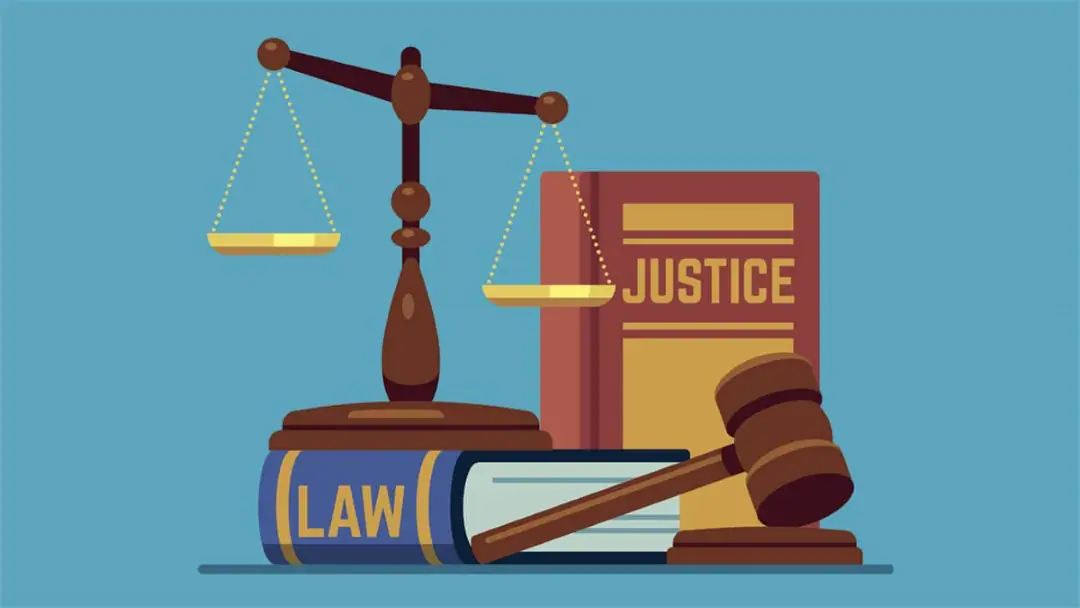In the United States, the treatment of juveniles in the criminal justice system has long been a topic of concern and debate. This article explores the various aspects of how the legal system handles juvenile offenders, from arrest to sentencing and rehabilitation.
Juvenile Justice in the United States
The United States has a distinct legal system for juveniles, designed to address the unique needs and circumstances of young offenders. This system is based on the belief that juveniles, because of their age and developmental stage, should be treated differently from adult offenders.
Arrest and Detention
When a juvenile is arrested, the procedures are different from those for adults. Law enforcement officers are required to inform the juvenile’s parents or legal guardians immediately. The juvenile may be taken into custody or released to their parents, depending on the nature and severity of the offense. Detention is typically reserved for cases involving serious crimes.
Adjudication
The court process for juveniles differs from that of adults. Instead of a trial, the juvenile goes through an adjudication hearing. During this hearing, evidence is presented, and the judge determines whether the juvenile is delinquent or not. If found delinquent, the court decides on an appropriate disposition, which can include probation, counseling, or placement in a juvenile detention facility.
Sentencing and Rehabilitation
The goal of the juvenile justice system is rehabilitation rather than punishment. Juveniles are often sent to facilities that focus on education, counseling, and treatment. The length of the sentence depends on the offense and the progress the juvenile makes in rehabilitation.
Key Differences Between Juvenile and Adult Justice
Understanding the differences between the treatment of juveniles and adults in the criminal justice system is essential for anyone involved in the legal process. Here are some key distinctions:
1. Age of Majority
- Juveniles are typically defined as individuals under the age of 18. Adults, on the other hand, are considered responsible for their actions from the age of 18 or 21 in some jurisdictions.
2. Rehabilitation vs. Punishment
- The juvenile justice system prioritizes the rehabilitation and treatment of young offenders, while the adult system is more focused on punishment and deterrence.
3. Records and Expungement
- Juvenile records are often sealed and can be expunged in some cases, while adult criminal records are usually more accessible to the public and potential employers.
4. Sentencing
- Juveniles are generally not sentenced to adult prisons. They serve time in juvenile facilities or under probation and parole supervision.
5. Legal Rights
- Juveniles have some of the same legal rights as adults, such as the right to an attorney, but these rights may be tailored to their age and understanding.
1. Can juveniles be tried as adults?
- In some cases, yes. Juveniles who commit serious crimes, like murder or sexual assault, may be transferred to adult court, where they can face adult penalties.
2. What is the purpose of the juvenile justice system?
- The primary purpose is rehabilitation. The system aims to address the root causes of juvenile delinquency and help young offenders become law-abiding citizens.
3. Do juvenile records affect future opportunities?
- Yes, in many cases. Juvenile records, even when sealed, can still impact a juvenile’s ability to secure employment, education, or housing in the future.
4. Are there alternatives to detention for juvenile offenders?
- Yes, alternatives like diversion programs, community service, and counseling are often used to rehabilitate juveniles without resorting to incarceration.
5. How can parents help their children in the juvenile justice system?
- Parents can be involved in their child’s legal process, ensuring they have legal representation and access to appropriate services for rehabilitation.
Conclusion
The treatment of juveniles in the criminal justice system is a complex and multifaceted issue. The United States’ approach emphasizes rehabilitation, recognizing that young offenders are at a formative stage in their lives. Understanding the distinctions between the juvenile and adult justice systems is crucial for ensuring that young individuals receive the appropriate support and guidance they need to reintegrate into society as responsible, law-abiding citizens. As our society continues to evolve, it is important to continually evaluate and improve the juvenile justice system to best serve the needs of young offenders and society as a whole.







